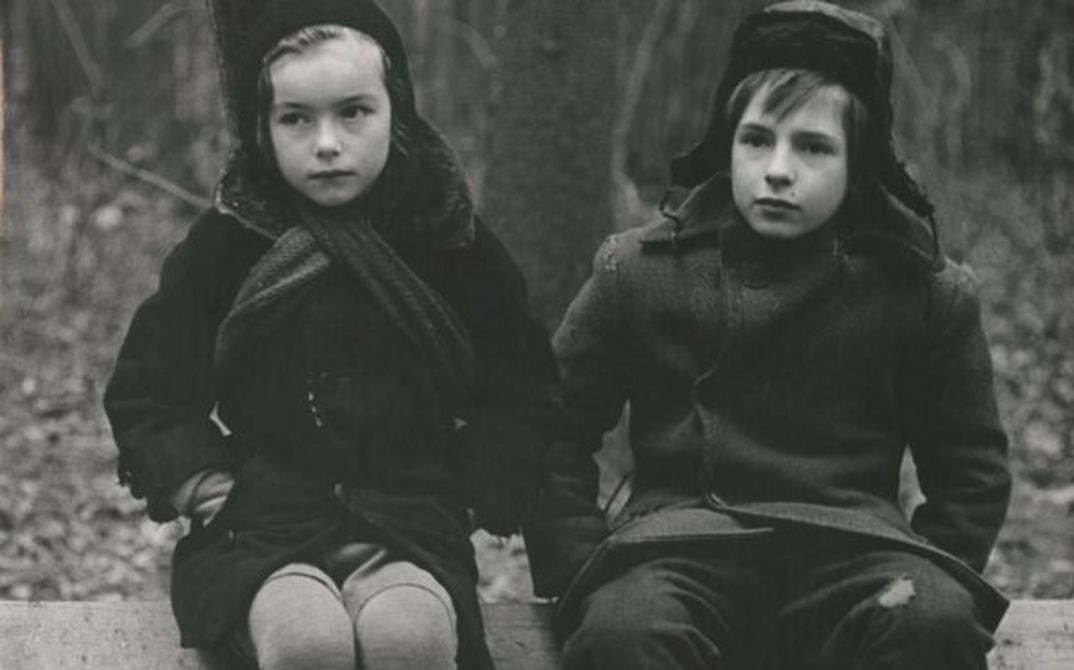The summer Tarkovsky retrospective is a tradition that has grown dear both to us and our audiences for 30 years now. In August, we are showing the seven feature films and one mid-length graduation film by Russian director Andrei Tarkovsky (1932–1986), whose monumental oeuvre exudes a lasting fascination.
KATOK I SKRIPKA (The Steamroller and the Violin, USSR 1960, 3. & 25.8.), with which Tarkovsky graduated from the state film school in Moscow, shows one day in the life of the thoughtful Sasha, who prefers his violin to playing football, leading his schoolmates to mock him.
OFFRET (The Sacrifice, Sweden, France 1986, 3. & 25.8.) A solitary, isolated island forms the setting for OFFRET: 50-year-old Alexander's birthday celebrations are in full swing when news of an atomic strike stops the party guests in their tracks. Tarkovsky's vision employs striking images and dialogue to connect a poetic film language with a philosophical religious discourse. We will show a print with German subtitles (25.8.) and one with English subtitles (3.8.)
IWANOWO DETSTWO (Ivan's Childhood, USSR 1962, 4. & 7.8.) traces "the story of a character who is born as a result of war and ends up being consumed by it" (A.T.). During the Second World War, twelve-year-old orphan Ivan comes across the Red Army in the Dnieper region and cannot be dissuaded from working behind enemy lines as a spy and courier for the Soviet troops. Tarkovsky skillfully weaves together the plot of the film with Ivan's dreams, memories, and fantasies.
The artist and the power of the state clash in uncompromising manner in ANDREI RUBLEV (USSR 1966–69, 9. & 17.8.). This monumental Cinemascope film is split into eight chapters and depicts legendary icon painter Rublev (around 1360–1430) as an enlightened humanist artist on the cusp of the modern era. The inhuman war and power politics of his employer plunge him into a profound creative crisis, whilst at the same time providing the impetus for an exploration of the complex situation of the artist within society.
SOLARIS (USSR 1972, 10. & 23.8.) is based on the novel of the same name by Stanislav Lem. The story focuses on the journey undertaken by a psychologist named Kelvin, who is sent to the sea-covered planet of Solaris to investigate strange occurrences on the research station there. Kelvin gradually comes to realize that the mysterious ocean on Solaris is capable of making the dreams, fears, and regrets of the men on the space station take material form.
In the heavily autobiographically influenced SERKALO (Mirror, USSR 1975, 11. & 14.8.), the protagonist reveals his life, memories, fears and obsessions, the son of divorced parents in search of lost time and his own identity. His private fate is linked to the traumas and upheavals in Soviet society between 1930 and the 1970s.
STALKER (USSR 1980, 16. & 24.8.) Led by a local scout who lives in a rundown industrial landscape on the edge of the world, a scientist and a writer set out into the mysterious "zone", which is allegedly home to a place where one's most secret wishes come true. The expedition becomes a journey into the protagonists themselves, into a whole world of imagination and silence.
NOSTALGHIA (Italy/USSR 1983, 15. & 18.8.) "I wanted to depict the Russian form of nostalgia, that mental state entirely specific to our nation which grips us when we are far away from home." A Russian writer also finds himself far from home after going to Italy to gather material on an Italian composer whose biography he wants to write. He is, however, overcome by an overpowering yearning for his geographical and spiritual home.

